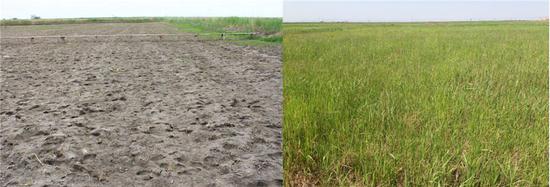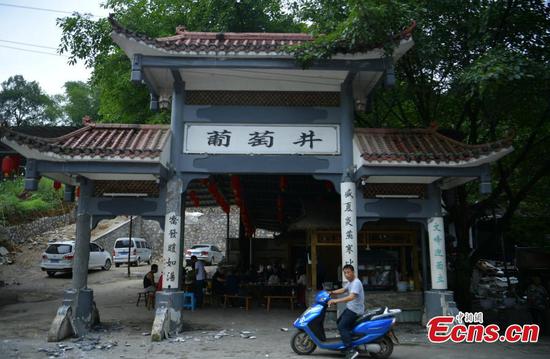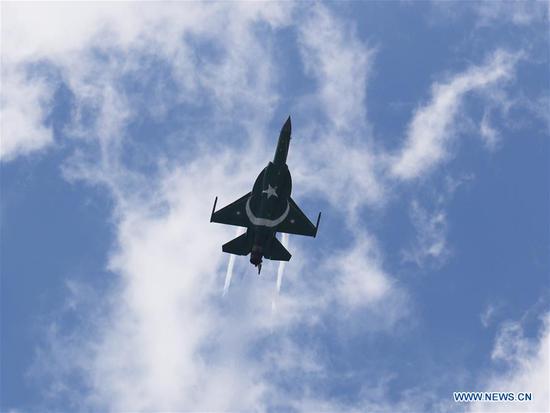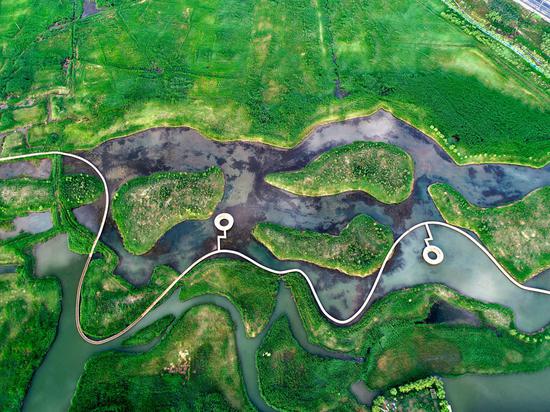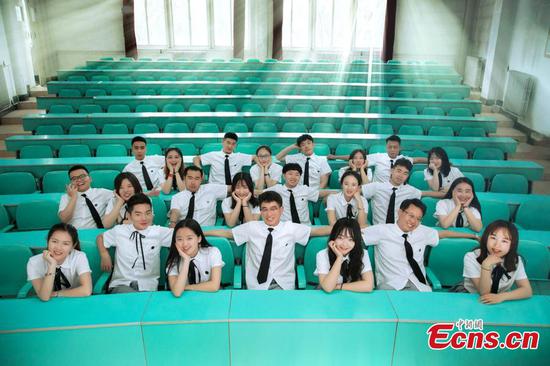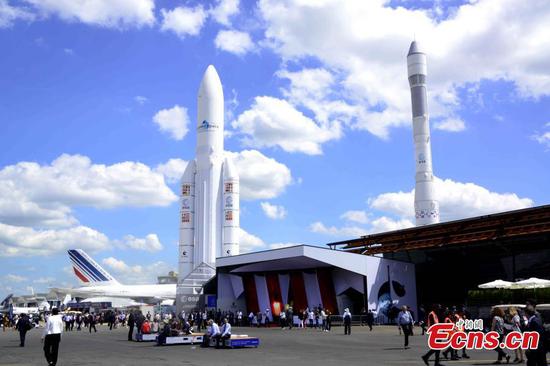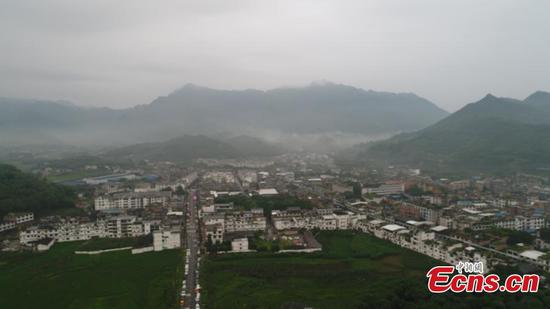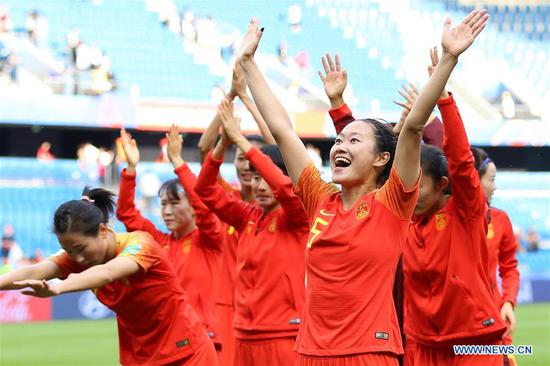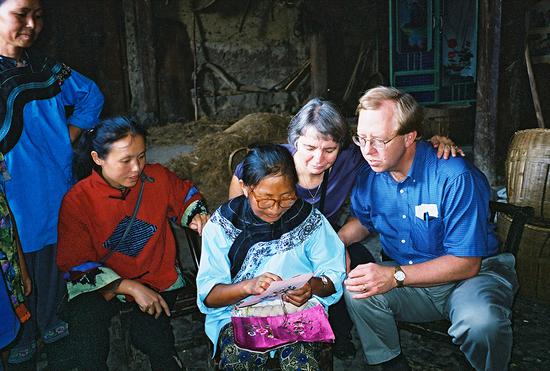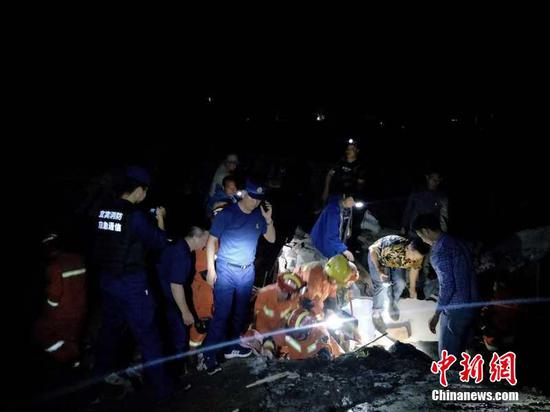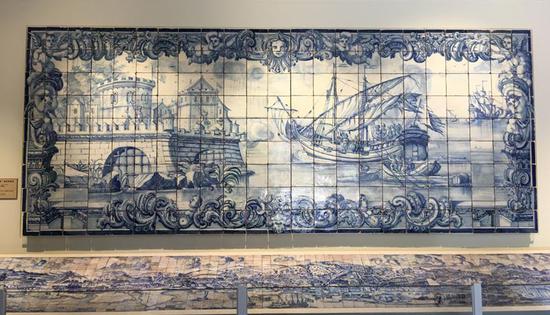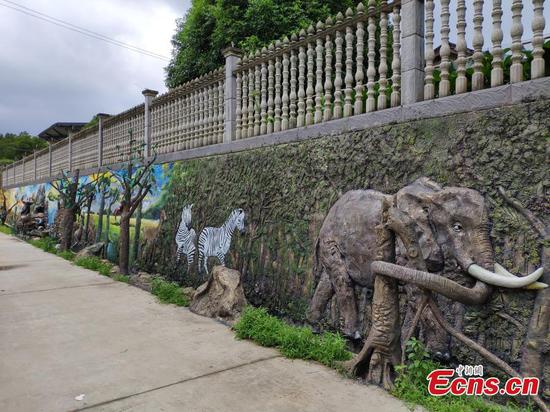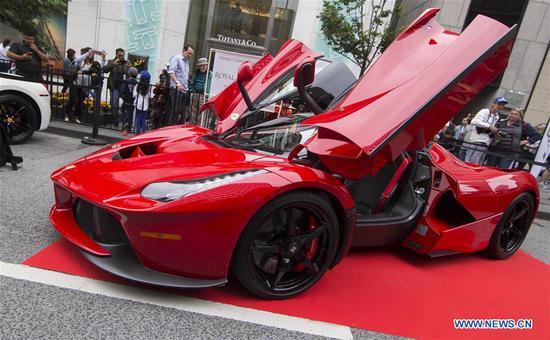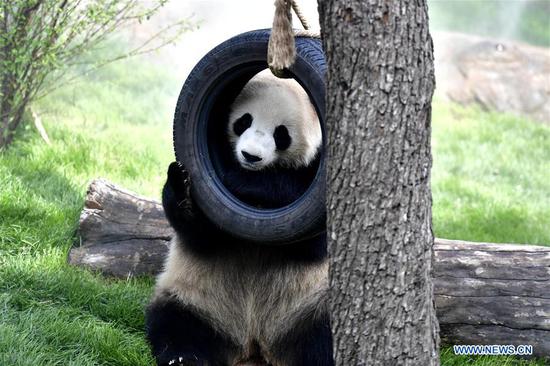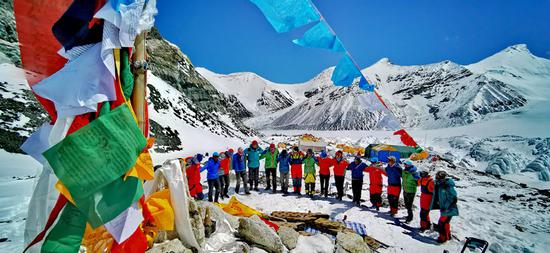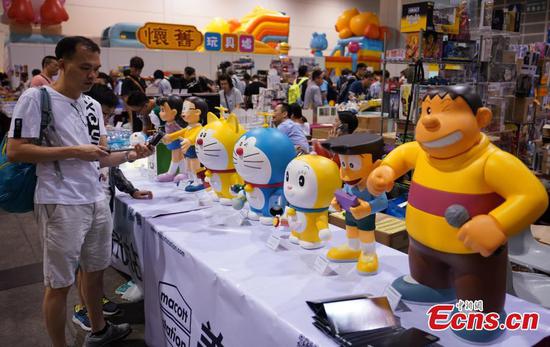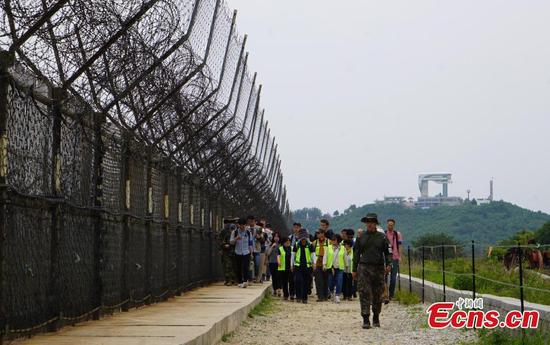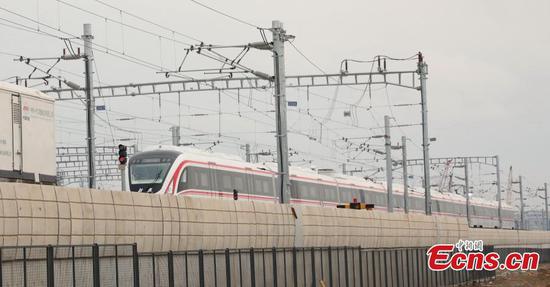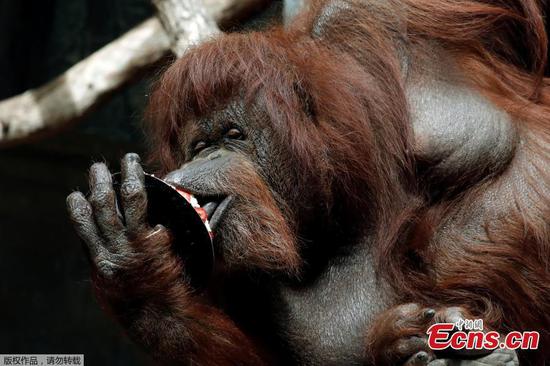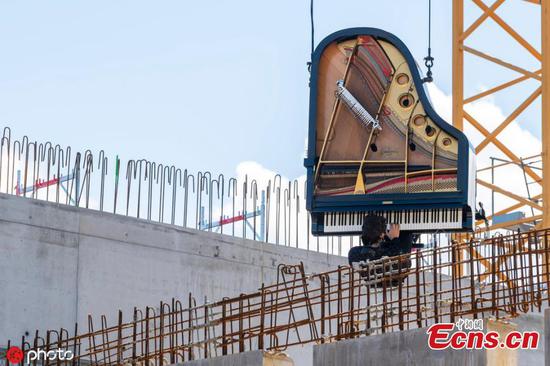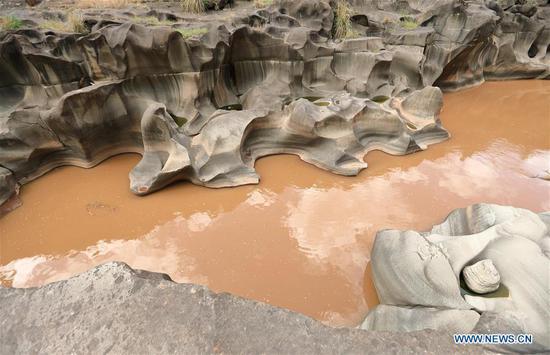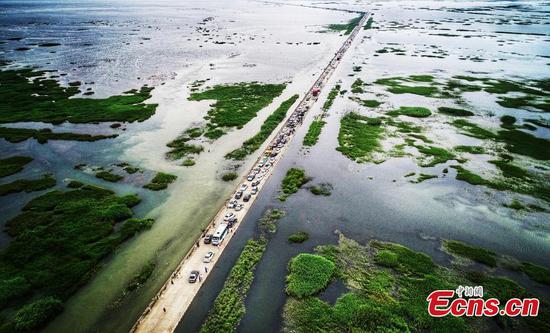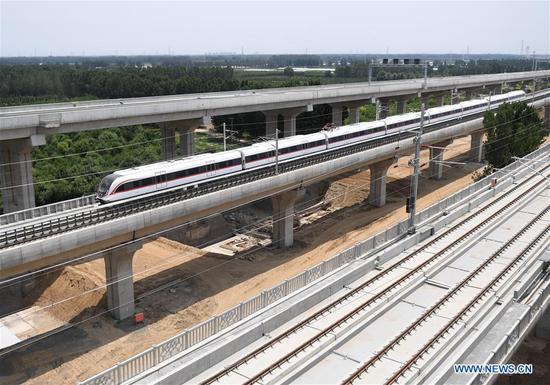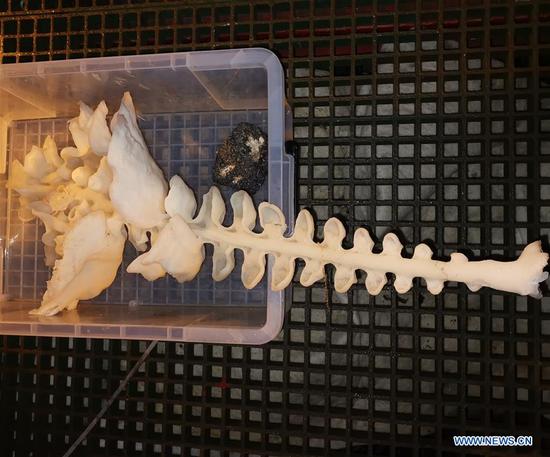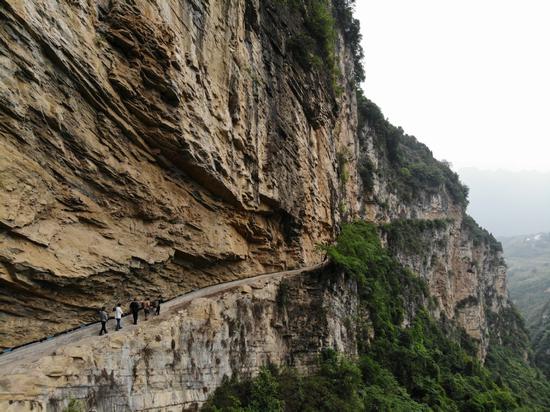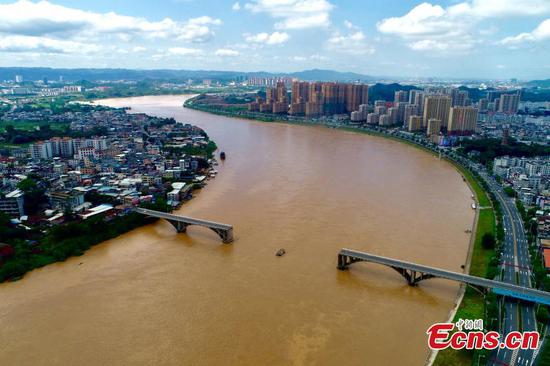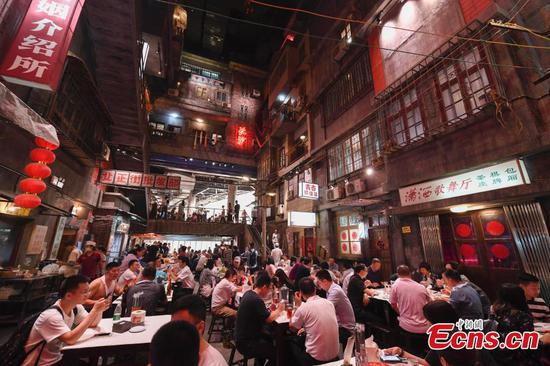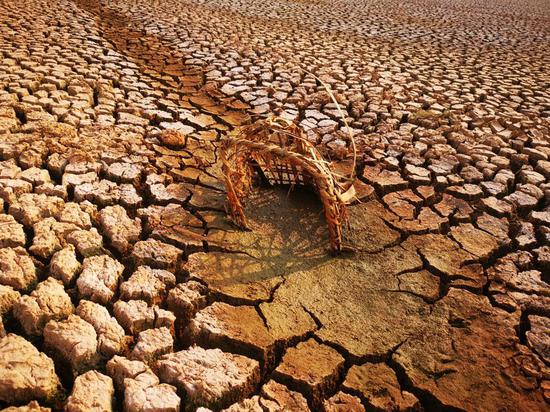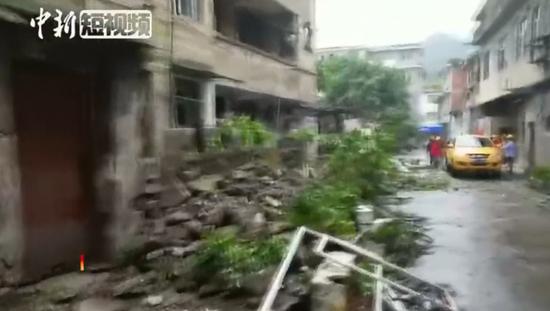
Graduation ceremony at Yale University in 2014. [Photo by WANG LEI/XINHUA]
Impact on Silicon Valley
Michael Yoshikami, CEO and founder of Destination Wealth Management, a financial services firm in Silicon Valley, said, "Anytime you have restrictions, particularly when you deal with highly-educated specialists or technical specialists, it's going to be a challenge for Silicon Valley.
"I know many in Silicon Valley are very much supporting an open policy in terms of the exchange of skills as well as allowing students to be here and learn," he said.
Yoshikami has been traveling to China regularly and meeting with Chinese business leaders and government officials.
"When you talk to business leaders in China, there's such a great deal of uncertainty in many ways. The U.S. is equally concerned about the current state of relations. It has already impacted many companies," he said.
The escalation of the tensions between the world's largest economies has sparked major losses for iconic Silicon Valley companies, such as Apple, Intel, Tesla and Hewlett-Packard.
The Trump administration risks losing the "talent war", which requires "comprehensive immigration reform that would ensure that the best and brightest minds from around the world bring their ideas and energy to the United States", said a May 15 editorial in the The Mercury News, San Jose, California.
The article suggests the administration not "employ a strategy of short-term victories at the expense of the technology industry's future needs".
According to data from the U.S. Citizenship and Immigration Services, 25 percent of the petitions for the H-1B visa, a work visa pursued by a large number of Silicon Valley employees, were denied in the three months ending Dec 31, 2018. The H-1B denial rate has risen steadily since January 2017.









